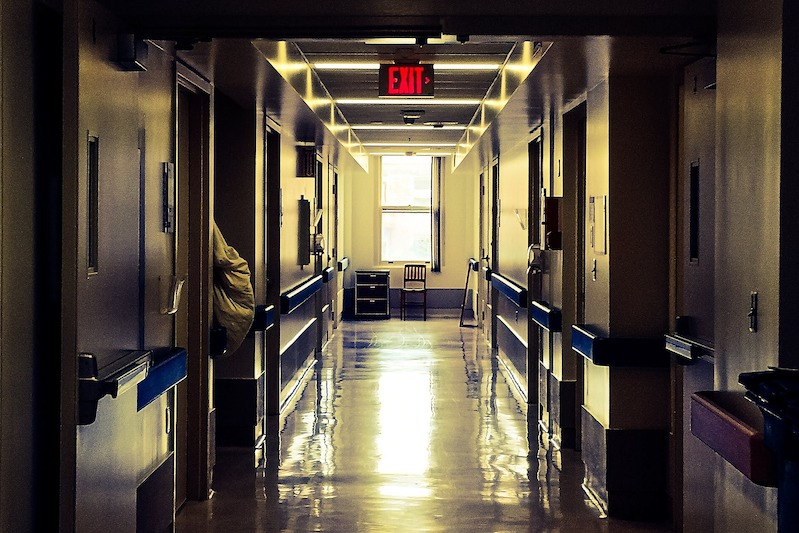Covid-19 Intensive Care Experiences
-
-
Christina Jones
Flashbacks and recurrent nightmares are among the issues bringing those who have spent time in ICU during the Covid-19 crisis to therapy. Dr Christina Jones is a specialist in psychological recovery following critical illness, and the research manager for support group charity ICU Steps. To coincide with national Intensive Care Week, she explains why the pandemic led to the ‘perfect storm’ for patients and their distressed families.

During the Covid-19 crisis, Intensive Care Units (ICU) were under immense pressure to open extra beds and other areas of the hospital, such as theatre recovery, became temporary ICUs. Nursing staff, unfamiliar with looking after critically ill patients, and staff who had retired in the previous three years, were asked to work in ICU. The patients’ families were not allowed to be at the bedside and had to sit at home, desperate to receive news on their condition. Staff who would normally be providing ICU outreach or follow-up services to support patients transferred to the general wards or home, were needed to provide care on the ICU.
Many ICUs who normally would write ICU diaries for their patients, to help them make sense of their ICU stay, stopped doing them because of worries about cross infection. Relatives, who sometimes keep notes or WhatsApp chats, were not there to keep an informal record for the patient either. Patients admitted to ICU during this time were being looked after by people in full personal protection equipment (PPE) and, because of shortages of newer sedative drugs such as propofol, some ICUs had to revert to older sedative drugs such as one of the benzodiazepines, midazolam.
All of these things have made the impact of the experience of delirium much greater, a perfect storm which means that patients went home with little information, horrendous memories and back to traumatised families with little information themselves.
ICUsteps, the ICU support group charity, normally runs monthly face-to-face drop in support groups across the UK for recovering patients and their families. These groups had to stop and it took a while for Zoom meetings to be organised. The charity has a contact link on the website, either by email or voicemail. The charity trustees with clinical experience, myself included, were asked to field frequent enquires from distressed relatives and patients.
Common problems included flashbacks and recurrent nightmares from the time in ICU, worrying about breathlessness and muscle weakness, finding their GP not helpful and, for relatives, feeling overwhelmed and not knowing how to help the patient. Just giving these patients and relatives information about recovery from critical illness, the reasons why delirium is common in ICU patients, where to get help and what help to ask their GP for seemed to be enough for most people. Those with persistent psychological symptoms such as flashbacks and nightmares were advised to contact their GP for referral to talking therapies or to self refer to NHS psychological therapies service (IAPT).
The patients and relatives actually asking for advice about physical recovery and psychological help are likely to be only a small proportion of those that need it. ICU follow-up services were not widely available prior to the Covid-19 crisis, with only about a third of ICUs following their patients up. The provision of psychological services specifically for ICU patients is very limited. The Psychologist in Critical Care UK (PINC-UK) is a group for psychologists normally working with critical care patients and presently has 48 members. They may have been asked to expand their provision of help for ICU staff during the Covid-19 crisis.
The particular problem that causes ICU patients to have an unusual precipitation for post-traumatic stress disorder is the experience of delirium, with possible memories of people trying to kill them or being cared for by aliens or shop dummies. Some patients are frightened to talk about these memories in case they might be thought to be going mad. Normalising such memories is an important first step and for many patients this can be enough to set them on the road to recovery.
The website for ICUSteps, a charity supporting intensive care patients and relatives, has many resources that will be helpful to therapists and their clients, including information sheets, research links, an online community and a list of support groups.